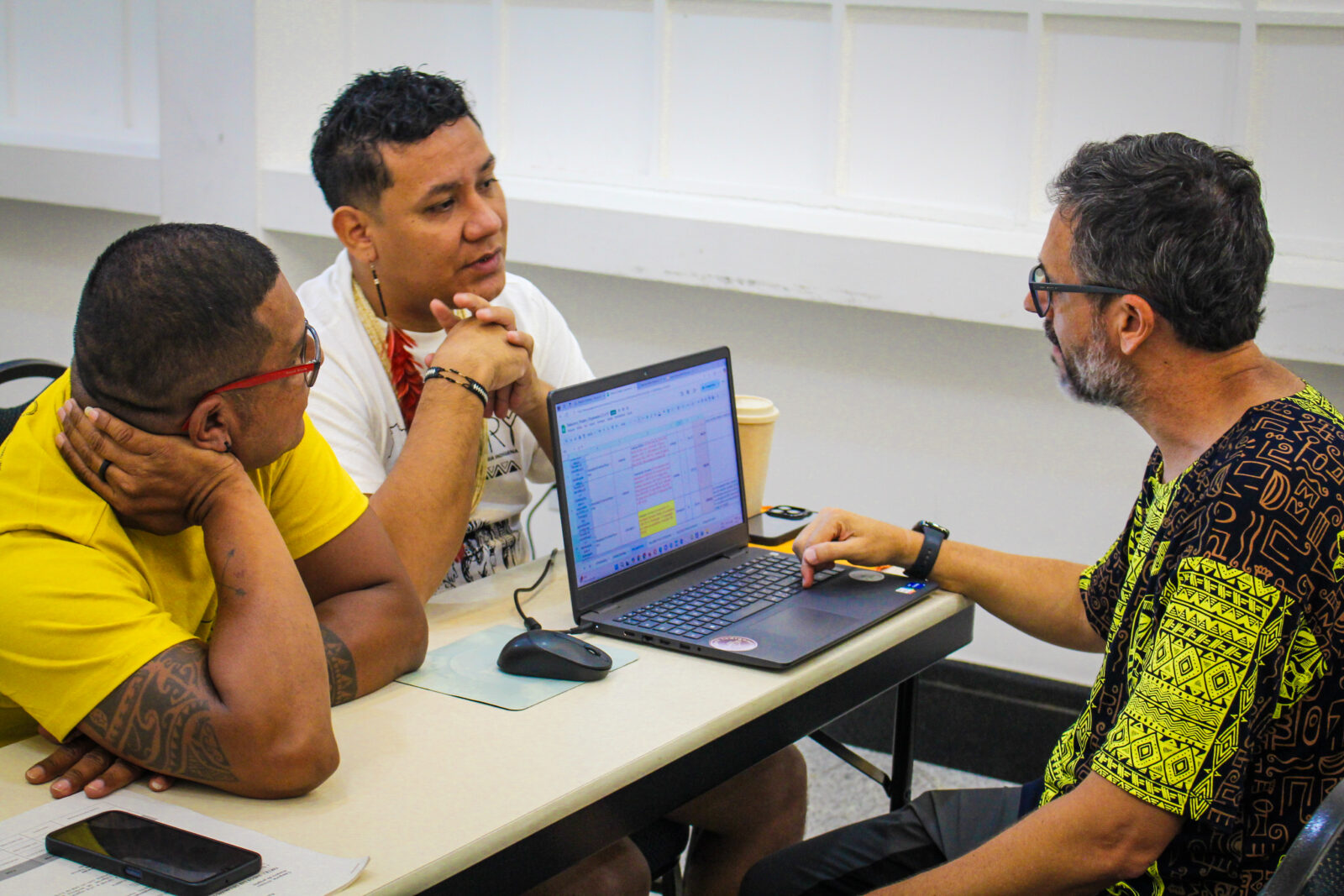CESE organizes training for worship house compliance in the Amazon
08 de August de 2024

Between June and July, CESE held four training meetings for the institutional strengthening of worship houses based on their formal compliance. The sessions were targeted at the states of the Brazilian Amazon. The meetings took place following a mapping exercise to locate worship houses in the region that had administrative issues preventing full compliance.
Over the course of the four meetings, the groups discussed the right to religious freedom and how worship houses can become legal entities; how to set up a worship house association; how to draw up a statute for a worship house association; and how to draft projects. At the end of the workshops, the groups were encouraged to submit projects to CESE in order to resolve any issues preventing them from taking further steps towards compliance.
The mapping of seven of the nine Amazonian states (with the exception of Roraima and Tocantins) located 67 worship houses in all.
SEE WHAT THEY SAY ABOUT US
I am a macumba devotee, but I love being with partners whose thinking is different from ours and who respect our form of organization. CESE is one such partner: it helps to build bridges, which are so necessary to ensure that freedom, diversity, respect and solidarity can flow. These 50 years have involved a lot of struggles and the construction of a new world.
CESE was set up during the most violent year of the Military Dictatorship, when torture had been institutionalized, when arbitrary imprisonment, killings and the disappearance of political prisoners had intensified. The churches had the courage to come together and create an institution that could be a living witness of the Christian faith in the service of the Brazilian people. I’m so happy that CESE has reached its 50th anniversary, improving as it matures.
Over these 50 years, we have received the gift of CESE’s presence in our communities. We are witness to how much companionship and solidarity it has invested in our territories. And this has been essential for us to carry on the struggle and defence of our people.
In the name of historical and structural racism, many people look at us, black women, and think that we aren’t competent, intelligent, committed or have no identity. Our experience with CESE is different. We are a diverse group of black women. We are in varied places and have varied stories! It’s important to know this and to believe in us. Thank you CESE, for believing in us. For seeing our plurality and investing in us.
When we hear talk of the struggles of the peoples of the waters, of the forests, of the semi-arid region, of the city peripheries and of the most varied organizations, we see and hear that CESE is there, at their side, without replacing the subjects of the struggle. Supporting, creating the conditions so that they can follow their own path. It is this spirit that we, at ASA, want you to maintain. We wish you long life in this work to support transformation.
You have to praise CESE’s capacity to find answers so as to extend support to projects from traditional peoples and communities, from family farming, from women; its recognition of the multiple meanings of the right to land, to water and to territory; the importance of citizenship and democracy, including environmental racism and the right to identity in diversity in its discussion agenda, and its support for the struggles and assertion of the values of solidarity and difference.




















